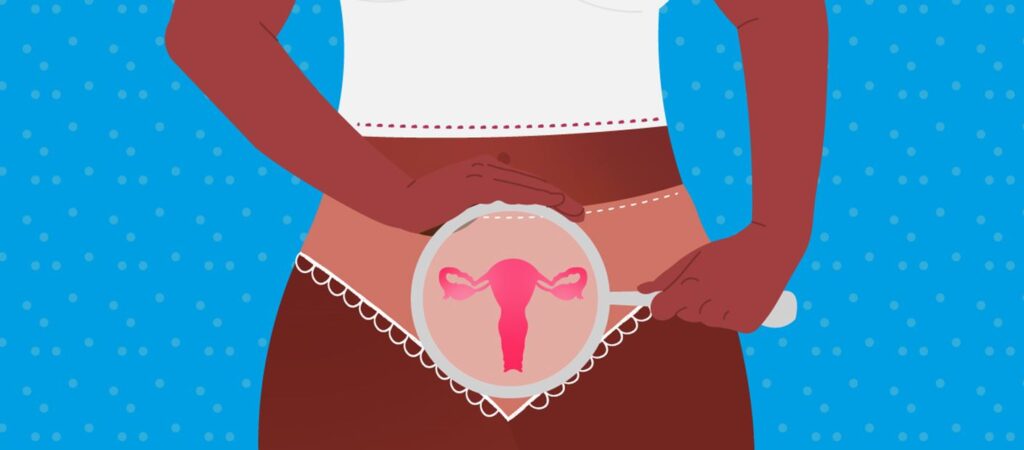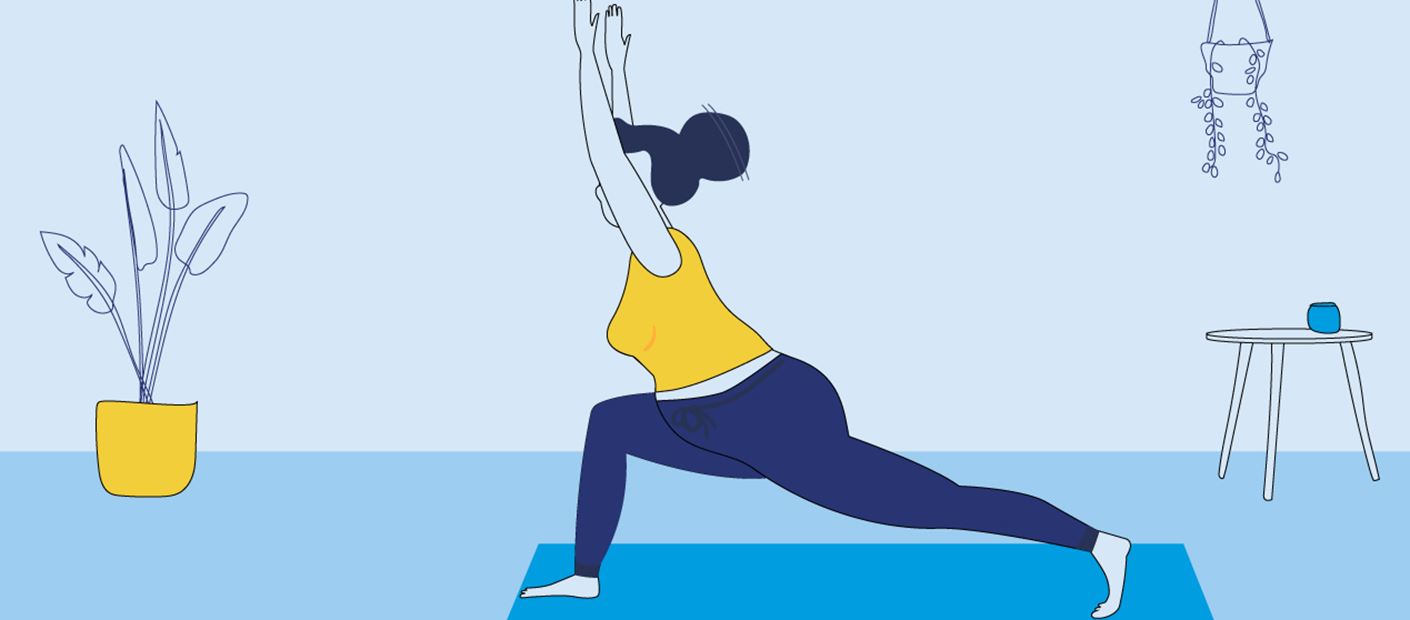
Cervical cancer is the fourth most common cancer affecting women worldwide. The earlier it can be detected the better, but signs and symptoms of cervical cancer can be tough to spot.
That’s why having a regular smear test or visual inspection with Acetic Acid (VIA) test is so important. The HPV vaccination offers protection against cervical cancer. But you’ll still need to have smear tests or VIA test, even if you’ve been vaccinated. Here’s what you should know.
What are the symptoms of cervical cancer?
Often, cervical cancer doesn’t have any symptoms at all in the early stages.
But it can cause:
- Bleeding during or after sex, or in between your periods
- Pain during or after sex
- Changes to your vaginal discharge
- Pain in your lower back or pelvis
Often these symptoms only develop once the cancer is more advanced.
Having these symptoms does not mean you have cervical cancer. There are many other more likely causes, including having a sexually transmitted infection. But you should always get them checked out. Visit a Marie Stopes Clinic near you to arrange the tests you need.
What causes cervical cancer?
Almost all cases of cervical cancer are caused by a group of viruses called HPV, or human papillomavirus. HPV is a very common virus. It’s frequently passed on during foreplay or sex.
HPV doesn’t cause any symptoms and most infections go away without causing any problems. But if the infection doesn’t go away, it can start to change the skin cells that cover your cervix. Over time, that can lead to cervical cancer.
It’s hard to avoid HPV infection because these viruses are so common and so easily transmitted. It’s so common, that most women first get an HPV infection shortly after they first have sex.
How does the HPV vaccination prevent cervical cancer?
There are more than 100 different types of HPV, but only a few increase your risk of getting cervical cancer. The HPV vaccination aims to prevent you from catching these high-risk types of HPV.
Because HPV is so common, it’s best to have the vaccination very early, before you have had any sexual experience. In most countries, the HPV vaccine is offered to girls between the ages of 9 and 14.
The HPV vaccination doesn’t prevent all cases of cervical cancer. Even if you have been vaccinated, you still need to have regular smear tests.
What is a pap smear?
A pap smear test is a health examination that can prevent cervical cancer or catch it very early. It’s important to have regular smear tests because cervical cancer generally doesn’t have any symptoms until it is advanced and difficult to cure.
You can book a smear test with Marie Stopes. During the test, a Marie Stopes healthcare provider will take a sample of cells from your cervix. These cells are then sent to a laboratory and checked for changes to the cells that happen before you develop cervical cancer. Sometimes the cells are tested for HPV first.
You should have your first smear test between the ages of 21 and 30. Depending on your age and the type of smear test you have, you’ll need your next test within 3 to 5 years.
You’ll receive your results between two and three weeks later. If the sample of cells taken during screening shows there might be a problem, your Marie Stopes provider can talk you through your treatment options.
What happens during a pap smear?
Getting a pap smear takes just a few minutes and, though it can be a little uncomfortable, it doesn’t hurt.
This is what will happen during your smear test:
- If you’re wearing trousers, you’ll need to undress from the waist down. If you’re wearing a skirt, you may be able to just remove your underwear. You can do this behind a screen or curtain before lying down on your back on the bed and covering yourself with a sheet.
- You’ll be asked to move your legs so that you have your feet together and your knees apart.
- Your provider will insert a lubricated, smooth, tube-shaped tool, called a speculum, into your vagina.
- The speculum is gently opened so your cervix can be seen more easily. Then a soft brush is used to take a sample of cells from your cervix.
- Your provider will close and remove the speculum. And you’re done!
It’s completely normal to feel a bit embarrassed about having a pap smear, or worried that it could be painful. At Marie Stopes, the test will be done by a healthcare provider who will explain what will happen, answer your questions and make sure you’re comfortable.
How else can I prevent cervical cancer?
Attending regular smear tests is an important step to preventing cervical cancer.
You can also reduce your chances of getting the disease by:
- Avoiding smoking
- Using condoms during sex
- Limiting your sexual partners
Where can I get a pap smear?
You can book a smear test now with Marie Stopes, or visit one of our centres. It’s easy to do and can protect you from developing cervical cancer in the future.








